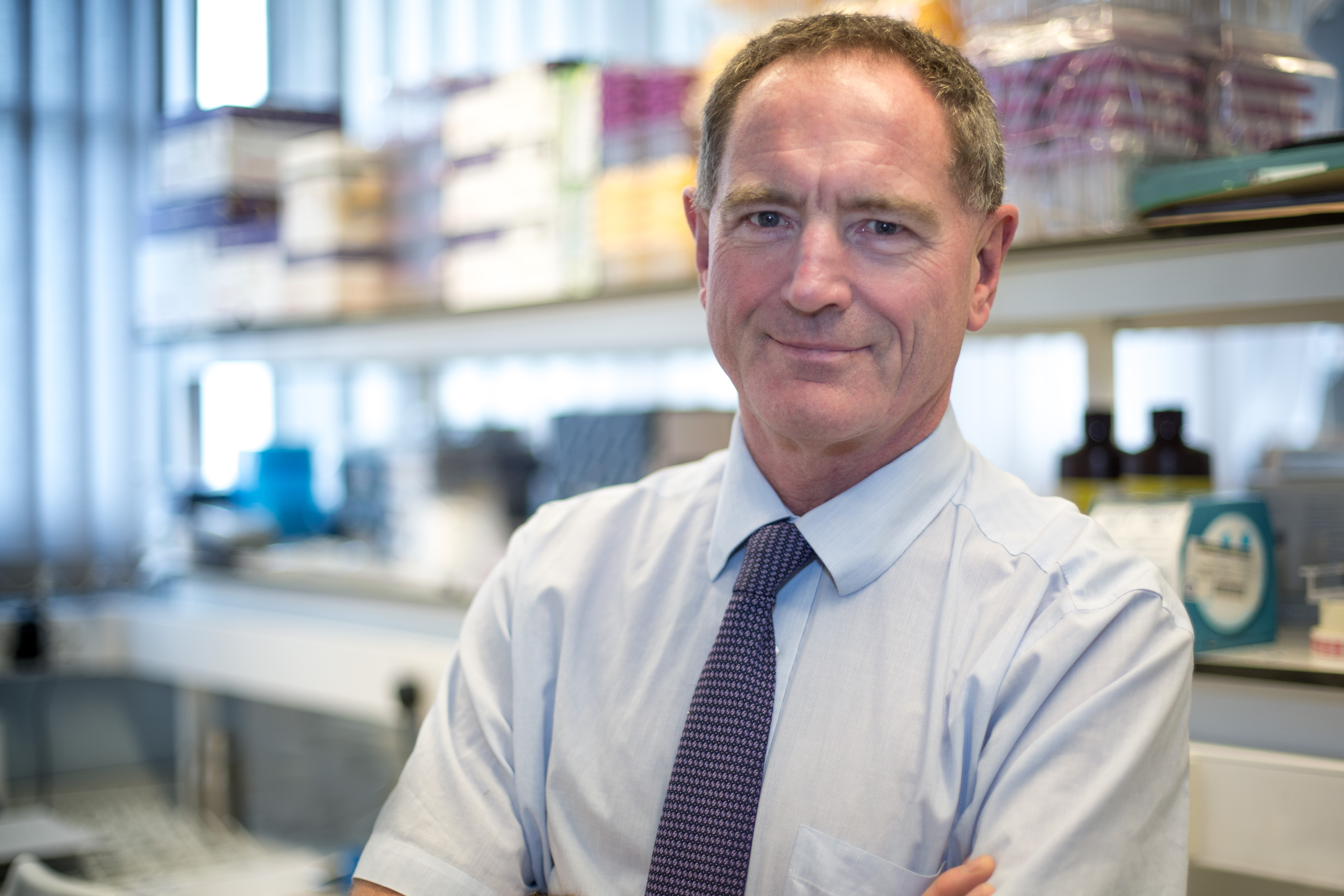Southampton researchers secure £3 million for dedicated infection lab
Overuse of antibiotics in recent years means they are becoming less effective and has led to the emergence of strains of bacteria that have become immune to treatment, known as antimicrobial resistance.
More than 5,000 people in the UK die from these infections every year – a number that is rising year-on-year with concerns new strains of bacteria may emerge that cannot be treated by any existing antibiotics.
Now, University Hospital Southampton and the University of Southampton's Global Network for Anti-Microbial Resistance and Infection Prevention (UoS NAMRIP) are set to develop state-of-the-art research facilities to tackle that threat on the frontline.
Southampton is already at the forefront of world-leading clinical research in infectious diseases through developments such as Professor Robert Read and his team’s creation of genetically-modified ‘friendly’ bacteria that can protect against meningitis.
"These bacteria have worked the current drugs out and they will do the same again,” explained Prof Read (pictured), director of the NIHR Southampton Biomedical Research Centre and lead on the funding bid.
“We have to keep finding new ways in, fast, but developing completely new treatments like ours will need completely new resources like this lab.
“By bridging the gap between experimental antimicrobial studies in our NIHR Clinical Research Facility, the UoS-based National Biofilm Innovation Centre and the clinical frontline it will speed up access to, and development of, new treatments.”
The lab will allow real-time study of both emerging infections and new treatments, with researchers working directly with consultants and services including children’s medicine, surgery, infectious diseases and emergency medicine.
"It is critical that this facility is being embedded into hospital services,” said Professor Saul Faust, an expert in paediatric immunology and infectious diseases and director of the NIHR Southampton Clinical Research Facility.
Paula Head, CEO of UHS, said: "Our dedicated and passionate staff are already tackling the threat of antibiotic resistance daily through better prescribing, care and infection prevention.“Patients will benefit by accessing trials of the very latest discoveries, technology and treatment, while our development of those new options and understanding will be massively accelerated."
“As a leading university hospital it is our role to take the fight to these infections and I am delighted that this award gives us the means to drive tomorrow's treatments."
The £2.8 million funding is part of a £32 million package awarded to 10 sites nationally by the Department of Health and Social Care as part of its 20-year vision and five-year national plan on antimicrobial resistance.
Professor Tim Leighton, director of UoS NAMRIP, added: “This award is a huge achievement for the team, the hospital and the university and an enormous opportunity to define the key problems, conduct groundbreaking research and ensure these breakthroughs are translated to benefit society.”
